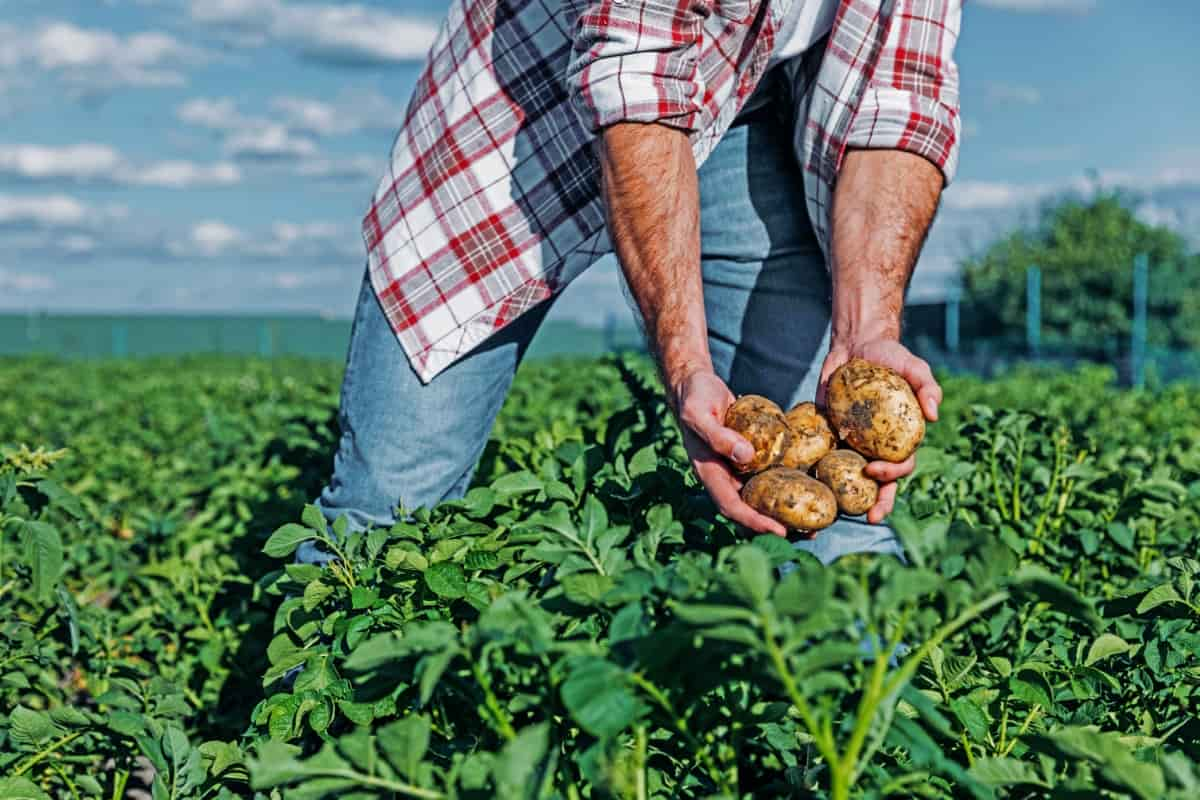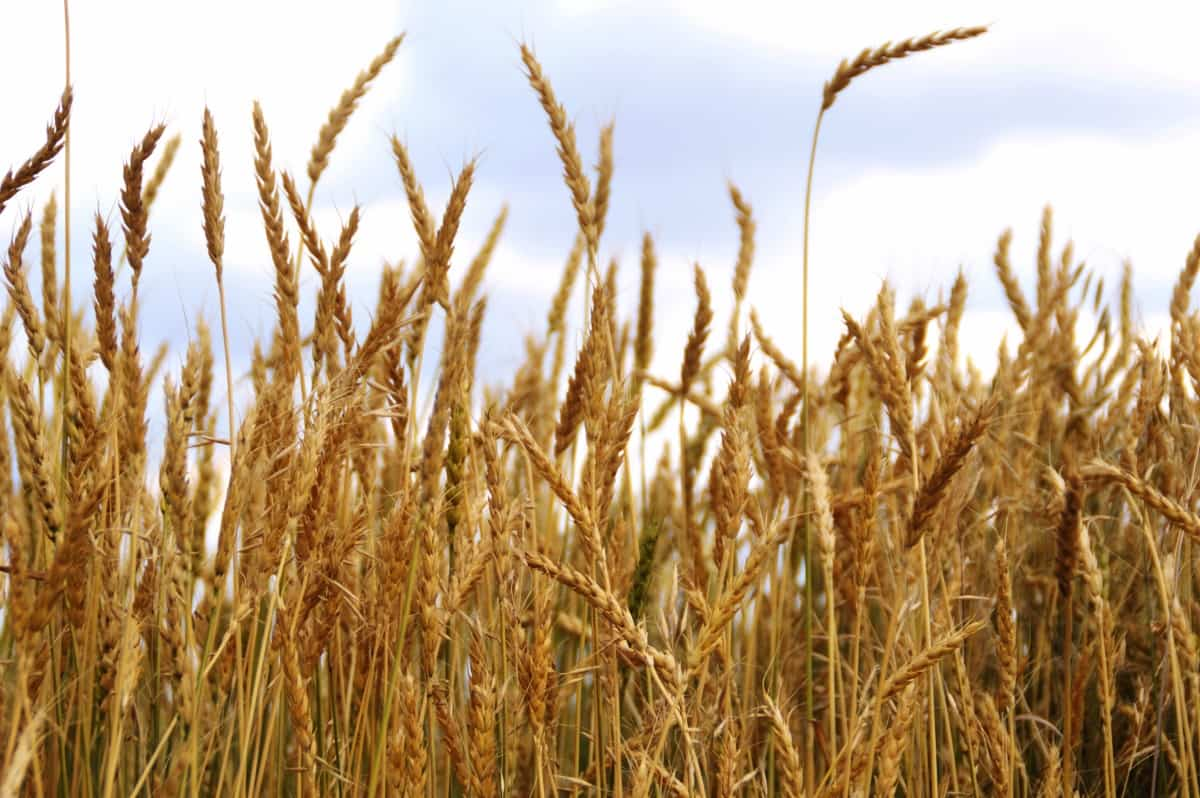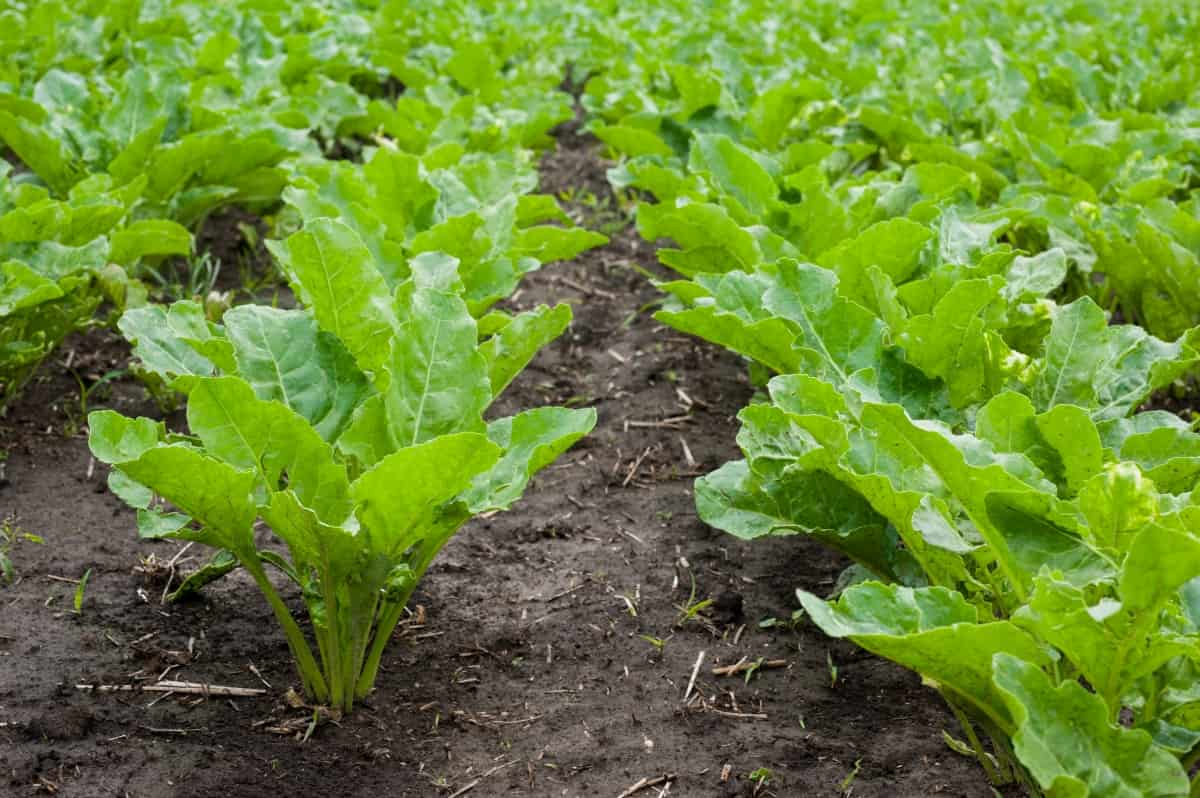In the past few years, organic farming has become more popular, and more people are buying organic goods as they learn more about the benefits of healthy agriculture. France, which is one of the biggest agriculture makers in the European Union, has jumped on this trend and become a major player in the organic farming field. Here we learn about creating an organic farming business plan in France, considering the unique aspects of the French market, investment and profit potential, and popular regions for organic farming.

Organic Farming Business Plan in France
The Organic Market in France
France is the second-largest market for organic products in Europe after Germany. In 2020, the French organic market was valued at €13.2 billion, with a growth rate of 10.4%. The French government has made significant efforts to promote organic farming through various initiatives, such as the “Ambition Bio 2022” program, which aims to increase the share of organic farmland to 15% and organic consumption to 20% by 2022. This favorable environment presents a great opportunity for those looking to enter the organic farming sector in France.
Investment and Profit Potential
On average, a small-scale organic farm in France may require an initial investment of €100,000 to €200,000. This includes the cost of land, farm equipment, seeds or livestock, and certifications. It’s important to note that the French government offers various grants and financial aid to support organic farming, which can help reduce the initial investment costs. An organic farm’s potential for making a profit is contingent on several elements, including the kinds of goods it sells, the capacity of its production facilities, and the level of demand on the market.
Organic products often command a premium price due to their perceived health and environmental benefits. In France, organic products can be priced anywhere from 20% to 100% higher than their conventional counterparts. A well-managed organic farm can expect a return on investment (ROI) within 5-7 years, with a steady increase in profitability as the business expands and gains market recognition.
Business Plan Components
Executive Summary: Summarize the key aspects of your organic farming business plan, including your mission, vision, objectives, and target market. This section should provide a compelling snapshot of your business to engage potential investors or partners.
Company Description: Detail the legal structure of your business, its ownership, and management team. Specify what you want to sell and how it will appeal to a certain audience.
Market Analysis: Analyze the organic farming market in France, including industry trends, growth potential, and key competitors. Identify the target market segments, their preferences, and their purchasing behaviors. Considering this will allow you to adapt your goods and marketing methods better.
Farming Strategy: Outline your farming methods, including crop selection, soil management, pest control, and livestock management. This should demonstrate your commitment to organic farming principles and ability to produce high-quality organic products.
Marketing and Sales Strategy: Explain how you will promote your organic products and reach your target customers. This may include strategies such as direct marketing, online sales, partnerships with organic retailers, and participation in farmers’ markets.
Operations Plan: Describe the day-to-day operations of your farm, including staffing, production schedules, and equipment maintenance. This section should also address any regulatory requirements and certifications necessary for organic farming in France.
Financial Projections: Provide a comprehensive financial forecast for your organic farm, including projected revenues, expenses, and profits. This should cover a period of at least three years and include a break-even analysis to demonstrate the viability of your business.
Sustainability Plan: Organic farming is inherently linked to sustainability. Therefore, it is crucial to outline your approach to sustainable farming practices and resource management, including water conservation, soil health, biodiversity, and waste management.
In case you missed it: How to Create a Profitable Organic Farming Business Plan in Switzerland

Unique Aspects of Organic Farming in France
Organic farming in France is governed by EU organic regulations, which set stringent standards for organic production. However, France has its additional certification, the “AB” (Agriculture Biologique) label, which French consumers recognize and respect. In order to get this certification, a product must have at least 95% of the ingredients derived from organic farming. Gaining this certification can provide a competitive edge in the French organic market. Another unique aspect is the French consumers’ preference for locally produced food.
The “locavore” movement, which encourages the consumption of locally grown food, is strong in France. This presents a significant opportunity for organic farmers to leverage this trend to market their products directly to local consumers, restaurants, and retailers. Moreover, France has a diverse climate and geography that supports the cultivation of a wide variety of crops. From the fertile plains of the Loire Valley to the sun-drenched fields of Provence, each region offers unique opportunities for organic farming.
Popular Regions for Organic Farming in France
The Occitanie region in Southern France is currently the leading region for organic farming, accounting for about a quarter of the country’s organic farms. With its warm climate and rich soils, this region is ideal for growing various crops, including grapes for organic wines. Despite its cooler climate, Brittany is another popular region for organic farming, especially dairy and poultry.
The region’s lush pastures make it ideal for organic livestock farming. The Auvergne-Rhône-Alpes region, with its diverse landscape ranging from plains to mountainous areas, has a strong tradition of organic farming, particularly in dairy, meat, and cereals.
Legal Considerations
This part should address the legal aspects of running an organic farm in France, such as business registration, land ownership or leasing agreements, insurance, and compliance with organic regulations. Consulting an attorney is a good idea if you want to be sure you’re not breaking any laws.
In case you missed it: How to Create a Profitable Organic Farming Business Plan in Africa

Conclusion
In conclusion, starting an organic farming business in France requires careful planning, a deep understanding of the market, and a commitment to sustainable farming practices. However, with its growing demand for organic products, government support, and diverse agricultural landscapes, France offers a promising environment for organic farmers. An organic farm in France can be profitable and rewarding with the right business plan.
- Feed Your Flock for Less: Top 10 Tips to Save on Chicken Feed
- Ultimate Guide to Ossabaw Island Hog: Breeding, Raising, Diet, and Care
- Hatching Answers: The Top 10 Reasons Your Chickens Aren’t Laying Eggs
- Eggs and Economics: Breaking Down the Cost of Raising Backyard Chickens
- Defend Your Greens: Proven Methods to Keep Iguanas Out of Your Garden
- Ultimate Guide to Cinnamon Queen Chicken: A Comprehensive Guide for Beginners
- Ultimate Guide to California Tan Chicken: Breeding, Raising, Diet, Egg-Production and Care
- Ultimate Guide to Marsh Daisy Chicken: Breeding, Raising, Diet, and Care
- 10 Types of Chicken Farming Businesses You Can Start for Profits